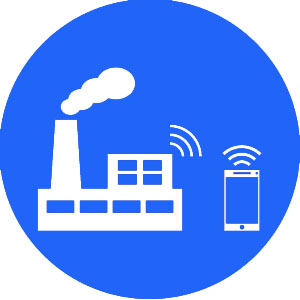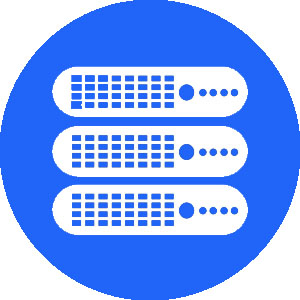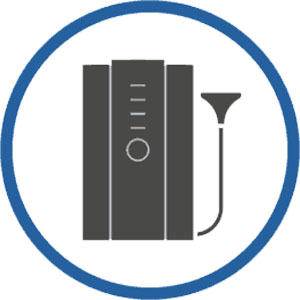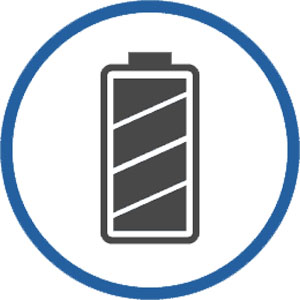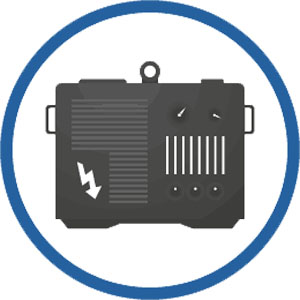UPS Systems plc - Frequently Asked Questions (FAQ)
UPS Systems plc - Frequently Asked Questions (FAQ)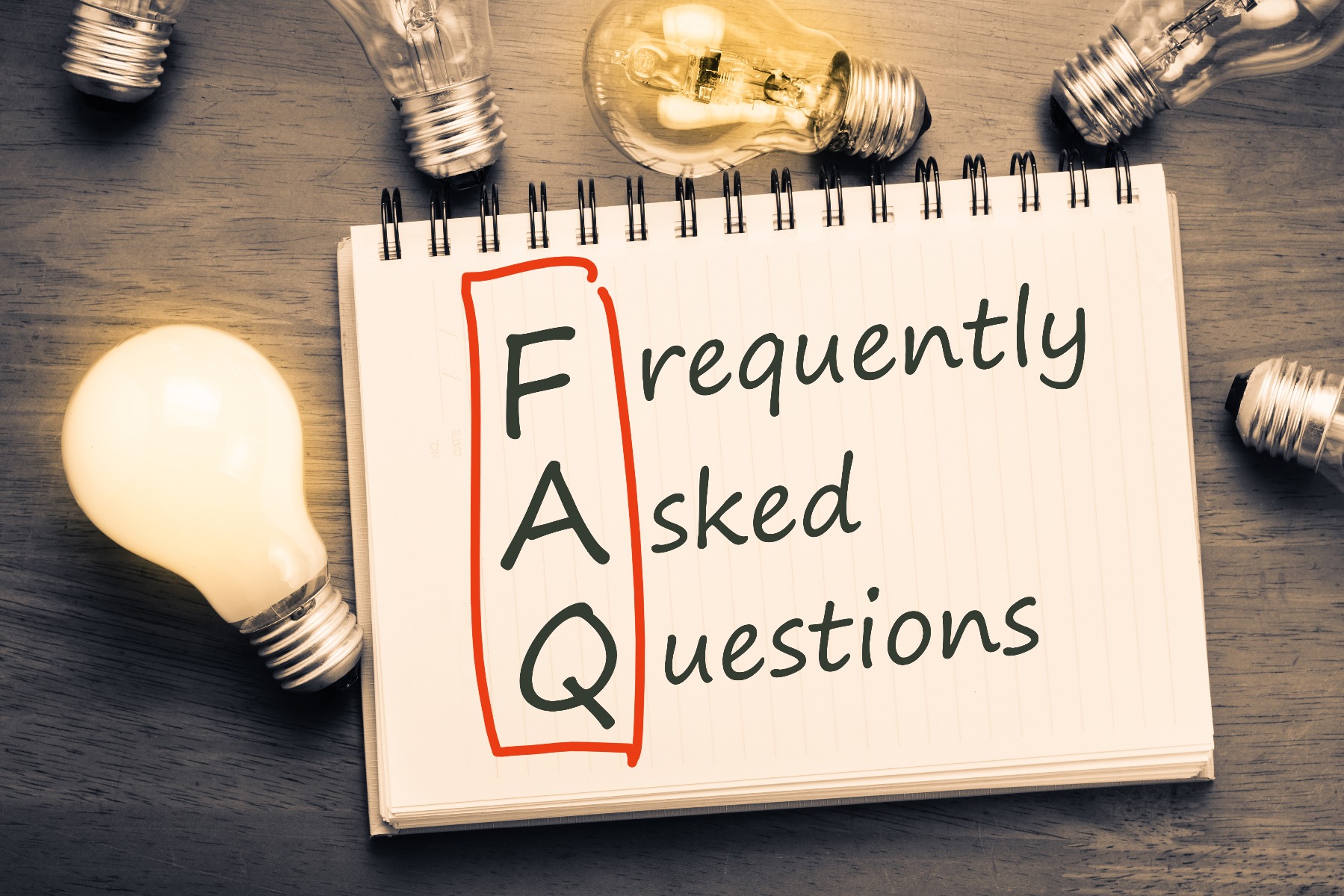
UPS systems have been in general use across main industries for well over a decade now. Despite this, they are a still rather unknown device. Today we are going to look behind the curtain, by answering some of the most common questions that get asked.
1. What is a UPS system?
UPS stands for uninterruptible power supply. This means that a UPS system is designed to keep the power running at all time, like when the main power grid goes down.
2. Where is a UPS used?
UPS systems can be used anywhere that needs to ensure that the power keeps on following. The most common applications are where power is critical to avoid infrastructure damage, like in a data centre or manufacturing facility.
3. What is the difference between a battery and a UPS?
A battery is a device that stores energy, a UPS detects when there is no longer any power coming from the mains and switches over to the UPS batteries.
4. Can I use a UPS for 5-6 hours?
If the power requirement is low and the UPS is overrated, possibly, but normally running a UPS for this long requires so many UPS batteries it becomes unfeasible both financial and physically. It would be best to run a standby generator alongside your UPS to achieve this.
5. What is the difference between a UPS and an Inverter?
The UPS and inverter both provides the backup supply to the electrical system. The major difference between the UPS and inverter is that the UPS switches from the main supply to the battery immediately, but the inverter takes much longer.
6. What is a non-critical load in a power system?
A non-critical load, is an electrical device or devices, that aren’t key to keeping a business running or won’t be damaged by a power cut. In short, it doesn’t matter if these device lose power in an outage.
7. Can I use one UPS with two computers?
Yes, you will just need to make sure that the power requirements of the two computers are within the tolerance of what the UPS system can handle. If you need help with this, contact us.
8. What is the meaning of backup power?
Backup power is a term that simply means, a source of power if the mains power fails. This can be anything from some AA batteries in your mains powered alarm clock to UPS system and standby generator that are connected to your data centre.
9. When unplugged, the UPS plug gives out current. Is it bad?
Yes, with the purpose of a UPS being to supply power when the mains fails, unplugging it is not a safe way of turning it off. You will need to turn it off using the controls on the device.
10. What is the difference between a standby generator and a UPS system?
While both protect against a power cut, a UPS is an immediate, short term solution, provide power straight away for as long as its UPS batteries have charge. A standby generator is a longer turn solution, that is slower to start up, but will provide power for as long as it has fuel. You can find UPS Systems plc - Frequently Asked Questions (FAQ) Part 2 here.
If you have any other questions not answered here, why not contact us and we will do our best to help. UPS systems provide UPS from a wide range of manufacturers including Riello UPS, Eaton UPS, Vertiv UPS and APC UPS.












